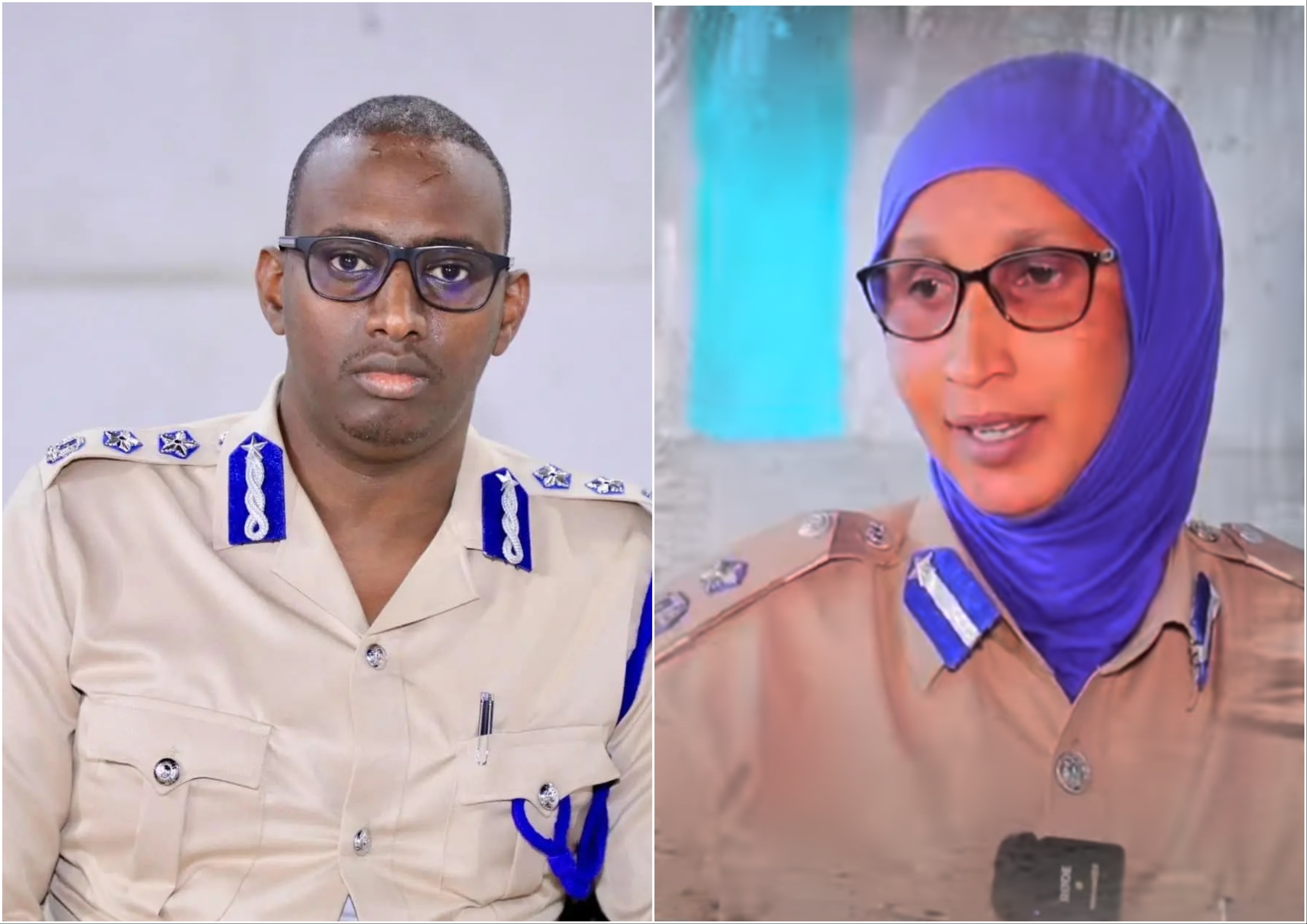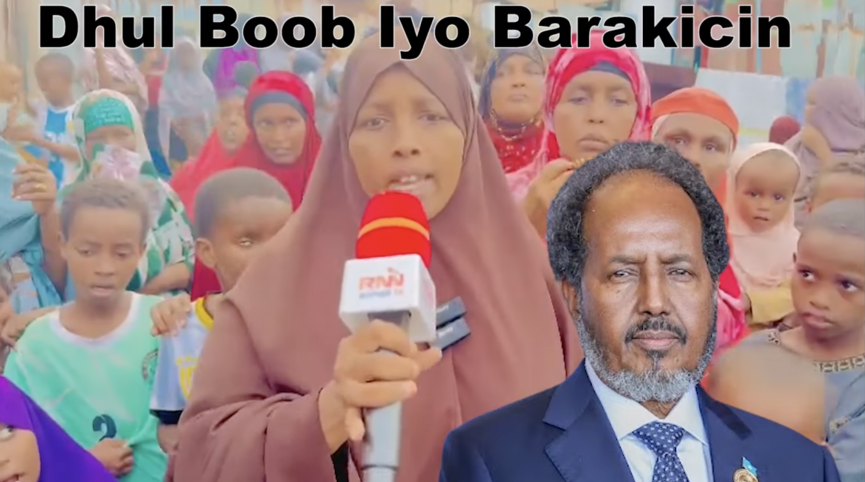
Mogadishu: Degodia Clan Names Somali Police Officers Linked to Evictions and Terror Ties
|
05 June 2025 14:51

MOGADISHU, Somalia (HORN OBSERVER) – The Degodia (Dagoodiye) community in Mogadishu's Xamar Jajab district has issued a strongly worded appeal to international ambassadors, alleging ongoing human rights violations, land grabbing, and systemic marginalization targeting their community.

In a letter addressed to the ambassadors of the United Kingdom, United States, Turkey, Norway, and other international partners in Somalia, community leaders detailed a series of abuses allegedly committed by Somali police officials.
The letter accuses authorities of enabling forced displacement, extortion, and harassment of Degodia residents.
"Our concerns are not only about the abuse of power,” the letter reads, "but also about systemic marginalization and clan-based discrimination, particularly targeting the Dagoodiye community—civilians who legally reside on government-allocated land but lack political protection or representation.”
Police Officials Named in the Complaint
The letter specifically names two senior police officials:
- Mahdi Omar Muumin (also known as Moalim Mahdi), the Banadir Regional Police Commissioner, is a former Al-Shabaab operative turned senior police leader. He is accused of overseeing forced evictions and land seizures.
- Mrs. Rahmo Sandheer, Commander of the Xamar Jajab Police Station, is alleged to have ties to a former militia group responsible for violence in the 1990s. Community members accuse her of participating in harassment and threats against Degodia residents.
Community leaders claim multiple formal complaints have been filed with Somali authorities—including the offices of the President, Prime Minister, Auditor General, and the judiciary—yet "no effective response has been delivered to date.”

PHOTO: Women and children Protest Against Land-Grabbing Police Officers in Mogadishu Xamar Jajab. |RNN TV.
In their letter, the Degodia community urged the international community to take immediate and concrete actions:
- Suspend all international support—financial, training, and logistical—to police units involved until independent investigations are completed.
- Apply international accountability mechanisms such as sanctions and travel bans on individuals responsible for abuses.
- Recognize the ongoing discrimination and advocate for the legal rights and protection of the Dagoodiye within Somalia’s state institutions.
"Your voices, influence, and support for justice and human rights are crucial at this time,” the community wrote. "We trust in your commitment to upholding human dignity and the rule of law in Somalia.”
Historical Marginalization of the Degodia
The Degodia community—an ethnic group found in Somalia, Kenya, and Ethiopia—has historically faced exclusion and persecution.
In Kenya, one of the most horrific atrocities against the Degodia occurred during the Wagalla massacre in February 1984, when hundreds—possibly thousands—were executed by government forces on an airstrip in Wajir, North Eastern Kenya.
In Somalia, members of the Degodia have long been displaced, living in IDP camps or forced out of their ancestral land by dominant clans.
Multiple sources have accused President Hassan Sheikh Mohamud and his close allies—including family members—of orchestrating mass land seizures and evictions in Mogadishu.
Once seized, these public lands are often handed over to politically connected businessmen and elites, without transparency or legal process.
In one high-profile case, a businessman with ties to the president reportedly exhumed graves at a Mogadishu cemetery to claim the land, sparking public outrage. The president’s family has also been linked to land expropriation in the Hamarweyne district after a violent attack on a popular restaurant.
Mogadishu’s power structures remain heavily influenced by the armed and politically dominant Hawiye clan, especially sub-clans such as Habargidir. This dominance has led to the marginalization of smaller clans, particularly in urban areas.
Land disputes and evictions—often carried out under the guise of urban renewal or security operations—continue to affect thousands.
Vulnerable populations, especially minority clans and IDPs, are frequently displaced with little to no legal recourse.
In 2021 alone, more than 185,000 people were displaced across Somalia due to conflict and insecurity—many of them in Mogadishu. Once evicted, families are forced into overcrowded camps with poor access to water, health services, and protection.
Editor’s Note:
The Somali federal government has not publicly responded to these latest accusations. Requests for comment from the Banadir Regional Police Command and the Office of the President remain unanswered at the time of publication.
Leave a comment
- Popular
- Rated
- Commented
04/11/2021 - 11:05:02
28/05/2024 - 15:44:10
02/12/2021 - 11:34:53
01/03/2021 - 09:00:37
Opinions
18/05/2025 - 16:26:37
15/05/2025 - 20:16:04
Politics
05/06/2025 - 13:42:50
Terror Watch
Press Releases
05/06/2025 - 12:21:21
02/06/2025 - 21:29:33
 0
0 




































Mogadishu: Degodia Clan Names Somali Police Officers Linked to Evictions and Terror Ties
MOGADISHU, Somalia (HORN OBSERVER) – The Degodia (Dagoodiye) community in Mogadishu's Xamar Jajab district has issued a strongly worded appeal to international ambassadors, alleging ongoing human rights violations, land grabbing, and syste